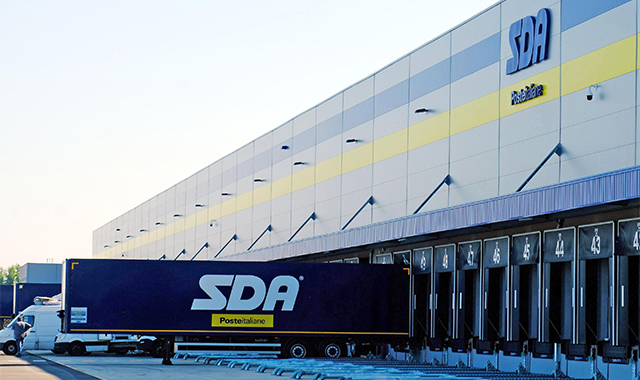Milan, metropolitan area. October 7, 2011. Hundreds
of people stand before the cages of a warehouse.
They are logistics workers at Esselunga, a
large Italian supermarket chain, protesting because
some of their coworkers were laid off in the wake
of a series of strikes. A long line of red and yellow
trucks waits in front of them. Somebody says that
the strike is costing the company losses of one
hundred thousand euros per hour. Everything
shines in the midday sun. The picket line warms
up against the bitter cold, singing and conversing
with accents from all over the world: Pakistan,
Morocco, Bangladesh . . . Nigeria. As motley a
crew of faces and voices as can be found on a
transoceanic vessel paints the complexity of work
in this huge inland harbor. Indeed, as we will
argue, logistics acts as a vector that turns land and
sea into a new and hybridized material and concept.
The strike does not end. Managers are unable
to face the situation; such powerful organization
was beyond their imagination. Some months later,
after the umpteenth picket, the police intervene,
and riots suddenly break out a few steps away from
the warehouse. Images fly on YouTube: broken
glass, rudimentary barricades constructed with
materials from the street, workers stung by the
police’s baton.
Published on: The South Atlantic Quarterly 114:1, pp. 119-134



